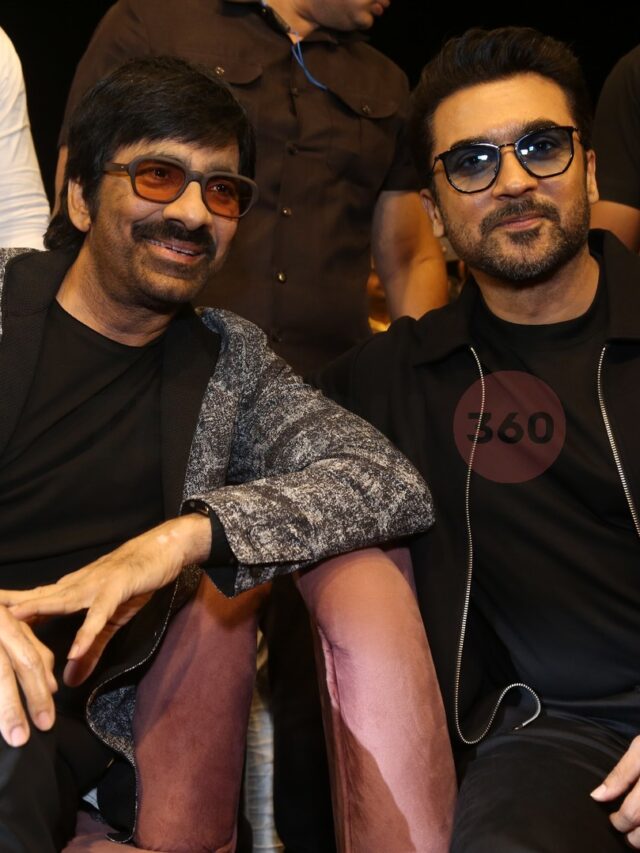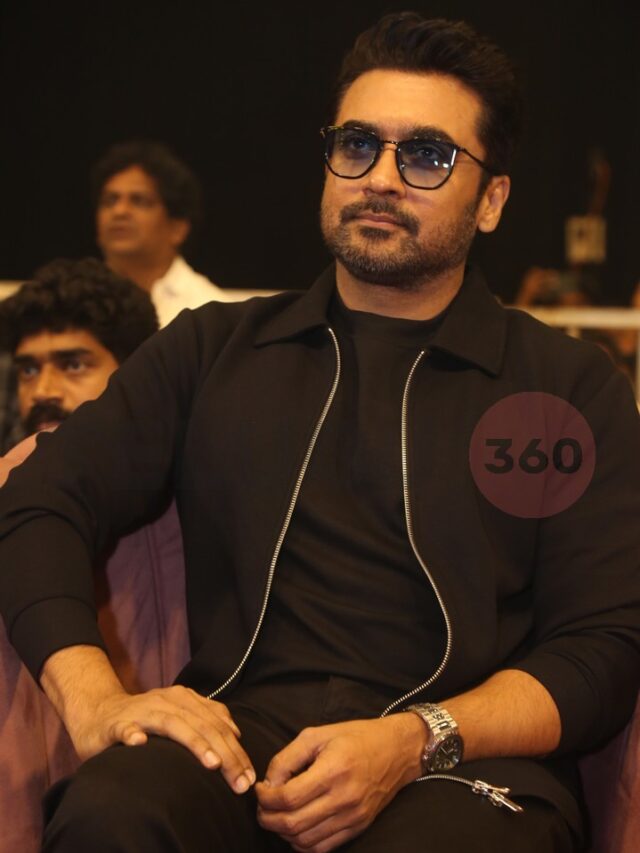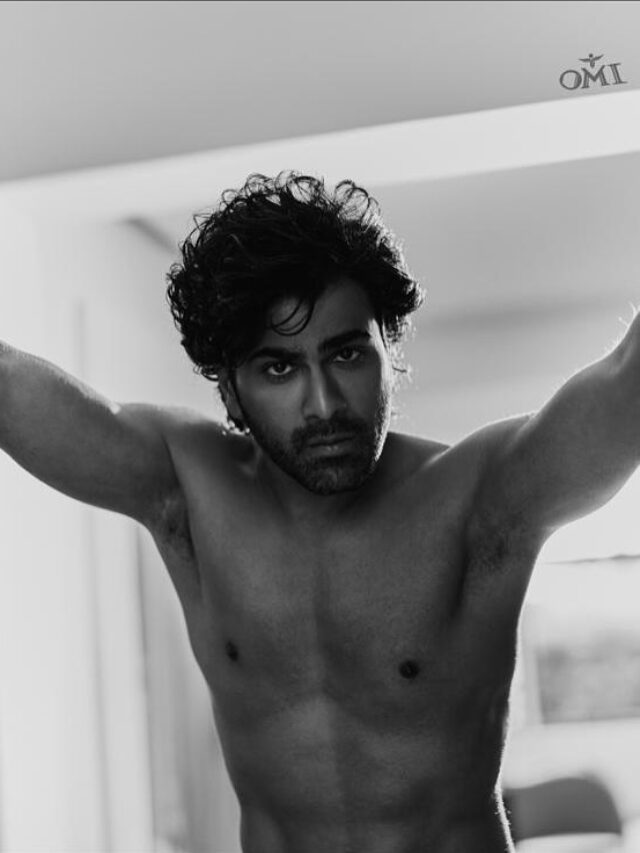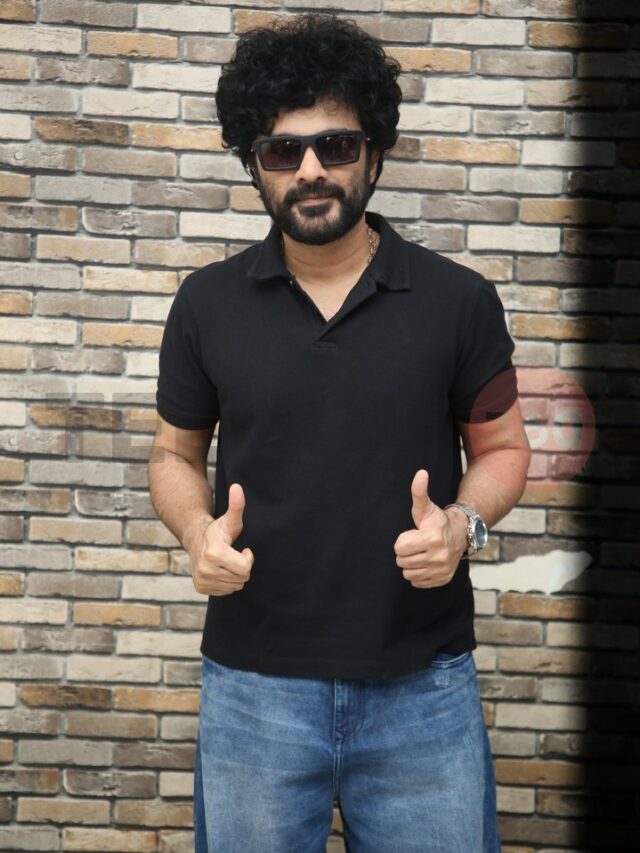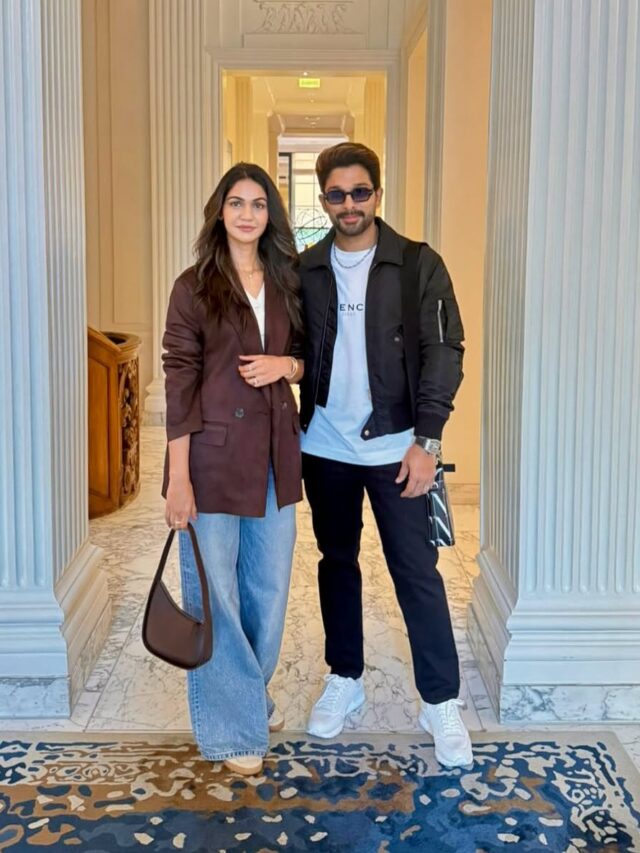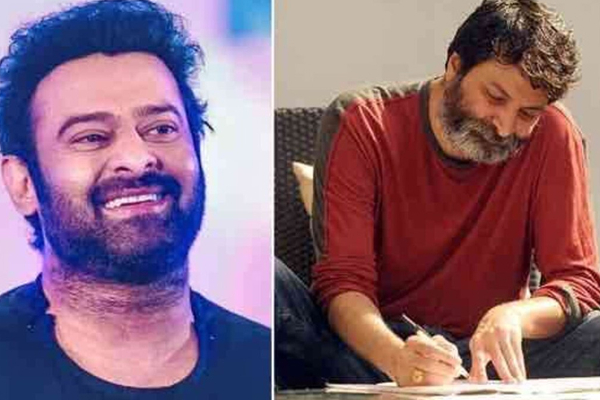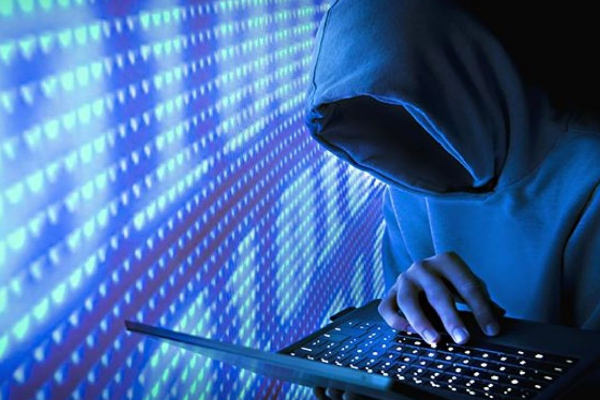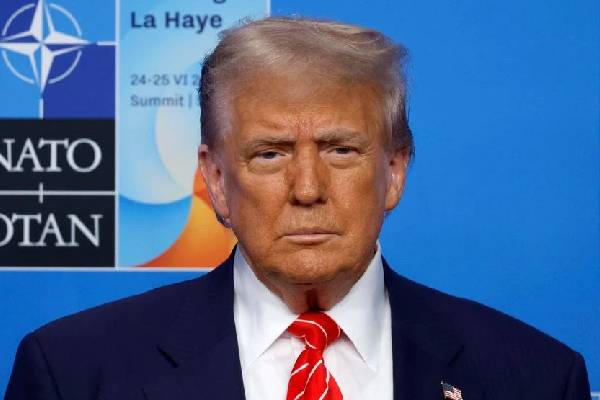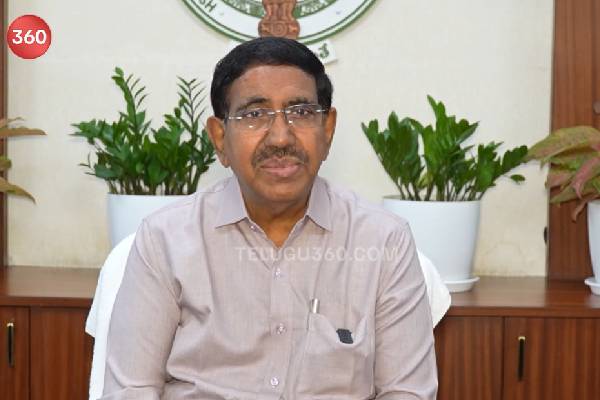At the recent NATO summit, former U.S. President Donald Trump reignited global discussion by asserting that his diplomatic intervention prevented a full-scale war between India and Pakistan, a conflict he described as dangerously close to turning nuclear.
“We Stopped a War With Trade, Not Missiles”
Trump claimed that the 2025 military standoff between the two nuclear-armed neighbors could have spiraled into an unprecedented catastrophe. “It was ugly. Jets were shot down. Missiles were in the air. And these aren’t just any countries, they’re nuclear powers,” he said, referring to the escalation that had briefly gripped South Asia.
According to Trump, what halted the aggression wasn’t military deterrence but economic leverage. “I simply said, ‘If you want a trade deal with the U.S., you need to stop the fighting. No deal if the missiles fly.’ That’s all it took. And they backed down,” he said, painting the episode as a win for his style of deal-driven diplomacy.
Praise for Leadership, But Credit Claimed
While acknowledging the role of Indian Prime Minister Narendra Modi and Pakistani Army Chief General Asim Munir, Trump was clear in attributing the final breakthrough to his own intervention. “They’re smart people, no doubt. But it was pressure from us, economic pressure that made the difference.”
He described a private meeting with Pakistan’s military leadership as “productive,” calling Munir “very strategic,” while stating that India’s decision-makers “understood the stakes.”
Mixed Reactions But Unshaken Confidence
Though his claims have drawn skepticism in diplomatic circles, particularly in South Asia where local officials maintain that de-escalation was bilateral, Trump remained unapologetically firm. “People win Nobel Peace Prizes for far less. I’ve prevented wars,” he stated, hinting once again at his long-standing desire for global recognition.
In positioning himself as a peacemaker at a military alliance summit, Trump sought to recast his legacy, not just as a dealmaker, but as a conflict-breaker in a volatile world. His message was clear: trade deals are his weapons of peace, and in his view, they work better than any warhead.

